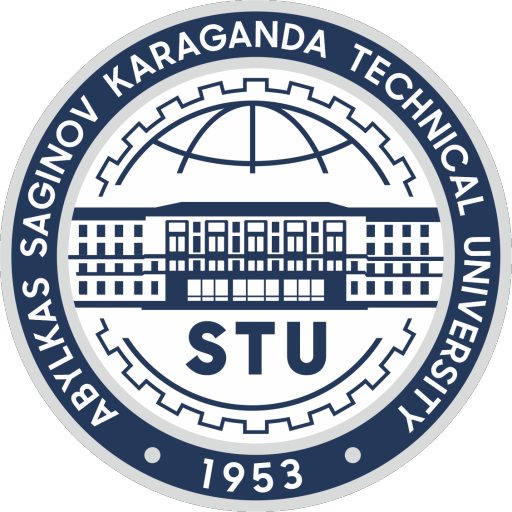Department of «Russian language and culture»
The Department of Russian Language and Culture was established in 1953 at the Karaganda Mining Institute. Initially, instruction was conducted exclusively in English. However, by the mid-1950s (1955–1958), the curriculum expanded to include German and French. For students who had graduated from national schools, Russian was taught as a non-native language.
The first head of the department, Lidiya Lvovna Timokhina (1953–1988), played a foundational role in its formation and made an invaluable contribution to its development. She was known for her diligence, high professionalism, and sincere dedication. Under her leadership, a strong teaching team was formed, including R.A. Sluchanko, T.V. Khan, G.A. Zolina, M.N. Dukhovnaya, and Kh.G. Valieva. These professionals actively engaged in methodological work, participated in educational activities, and led foreign language sections.
Timokhina’s innovative work deserves special mention. It was during her tenure that the first contacts with foreign students were established, and in 1976, she completed an internship in the United States—one of the first instructors from Kazakhstan to do so. Thanks to her initiative, the department began introducing elements of automated control systems (ACS) in foreign language teaching. During this period, German language sections were formed (R.Z. Karavanova, A.L. Belskaya, G.G. Rassokhina, N.A. Sukhacheva, N.S. Gol’tman), as well as French (N.N. Panarina).
For decades, the department maintained continuity and stability, as many faculty members dedicated over thirty years of their professional lives to it. Among them were L.S. Perova, N.A. Sukhacheva, Kh.G. Valieva, and G.G. Rassokhina. Their contributions were repeatedly recognized with honorary certificates, awards, and medals, including the “Veteran of Labor” medal.
From 1988 to 2001, the department was headed by Associate Professor S.A. Gontsova, who defended her doctoral dissertation on methods of teaching Russian as a non-native language. During this time, B.M. Ibraeva also defended her Ph.D. dissertation on methods of teaching English.
From 2001 to 2022, the department was led by B.R. Ospanova, Candidate of Philological Sciences and Associate Professor.
At various times, the department hosted many successful student organizations: the English Song Lovers Club (1960s), the international friendship club “Prometheus,” and the student translation bureau (since 1974), which contributed to interdisciplinary integration and encouraged students’ translation practice. Faculty members participated in international forums, including the WHO conference (1978), where they served as interpreters.
Since 1993, the department has had a long-term collaboration with the International Training Service (California, USA), through which paid spoken English courses were offered. Over six years, more than two hundred students completed the training and received certificates. This allowed students not only to defend their theses in English but also to study abroad.
In 1995, the department began accepting its first international students from Turkey and Mongolia. The geography later expanded to include Libya, Jordan, South Korea, African countries, and Afghanistan.
Since 2022, the department has been led by Candidate of Pedagogical Sciences Zh.A. Azimbayeva, under whose leadership the department continues to thrive—preserving the best traditions of its predecessors while rapidly adapting to the demands of the modern digital age.
Today, the faculty actively integrates into the international academic community, collaborating with leading universities in both nearby and distant countries: Lomonosov Moscow State University (MSU), Moscow Automobile and Road Construction State Technical University (MADI), Ivanovo State Power University (ISPU), Belarusian State University (BSU), and others.
In the context of educational digitalization, the department implements innovative approaches and uses flexible forms of learning, including online courses (MOOCs), webinars, and virtual seminars. These methods address the modern challenges of higher education and expand students’ learning opportunities.
An important focus of the department remains research, which is organically integrated into the educational process. Faculty members actively publish scientific papers, participate in national and international conferences, and carry out grant projects, startups, and research commercialization initiatives. This activity not only deepens and systematizes scientific knowledge but also effectively transmits these results to students.
Thus, the Department of Russian Language and Culture has evolved from a methodological center for foreign language teaching into a modern academic structure that combines tradition and innovation, regional experience and international partnership, classical humanities education and digital technologies—creating a platform for training competitive professionals
